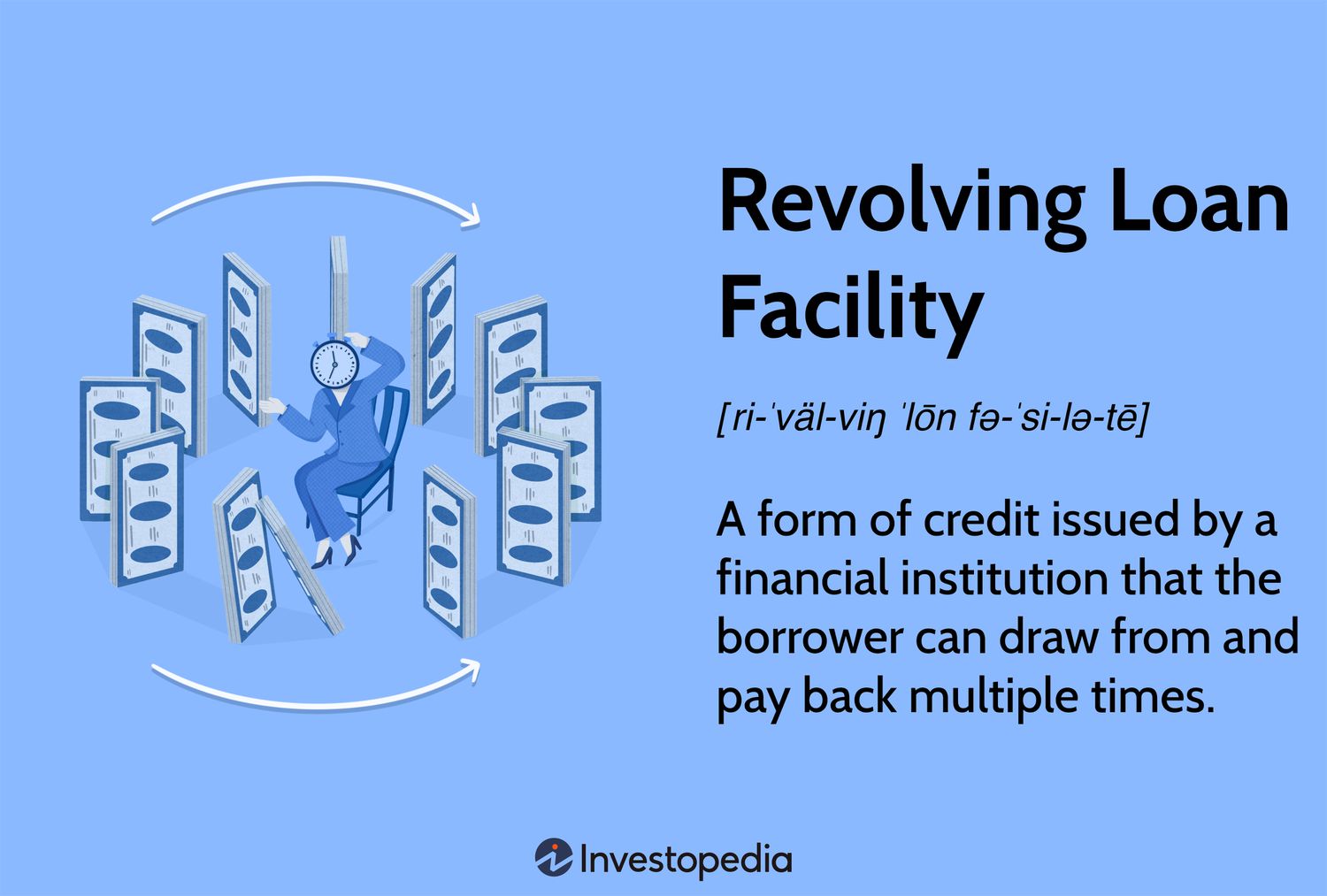Access to capital is the lifeblood of any business. Whether you’re a budding entrepreneur with a groundbreaking idea or an established enterprise seeking to expand, securing adequate funding is often a critical step toward success. Fortunately, financial institutions offer a range of business loans tailored to meet diverse needs. In this comprehensive guide, we delve into the world of business loans, focusing on options ranging from £1,000 to £250,000, exploring eligibility criteria, and application processes.
What is Business Loans?
Business loans encompass a variety of financial products designed to meet the diverse needs of enterprises. Ranging from traditional bank loans to alternative financing options such as peer-to-peer lending and online lenders, businesses have access to a plethora of credit solutions. Loans within the £1,000 to £250,000 range cater to a broad spectrum of requirements, from bridging short-term cash flow gaps to funding large-scale expansion projects.
Eligibility Criteria
While eligibility criteria may vary among lenders, certain common factors typically influence loan approval decisions. These include:
- Creditworthiness: Lenders assess the borrower’s credit history, evaluating factors such as credit score, payment history, and debt-to-income ratio.
- Business Viability: The financial stability and viability of the business play a crucial role. Lenders may scrutinize financial statements, cash flow projections, and business plans to gauge the likelihood of repayment.
- Collateral: Depending on the type of loan, lenders may require collateral to secure the financing. Collateral can include business assets, real estate, or personal assets.
- Purpose of the Loan: Lenders may inquire about the intended use of the funds to ensure alignment with the business’s objectives and financial needs.
Application Process
The process of applying for a business loan typically involves several steps:
- Research and Comparison: Businesses should research different lenders and loan products to find the best fit for their needs. Factors to consider include interest rates, repayment terms, fees, and eligibility criteria.
- Documentation: Gather the necessary documents, which may include business financial statements, tax returns, business plans, identification documents, and collateral documentation.
- Application Submission: Complete the loan application, providing accurate information and supporting documentation. Some lenders may offer online applications for convenience.
- Evaluation and Approval: Lenders review the application, assessing the borrower’s creditworthiness, business viability, and repayment capacity. Approval decisions may take anywhere from a few days to several weeks.
- Funding Disbursement: Upon approval, the lender disburses the funds to the borrower’s designated account. The timeline for funding disbursement varies depending on the lender and the complexity of the application.
Types of Business Loans
Business loans within the £1,000 to £250,000 range come in various forms, each tailored to meet specific needs:
- Term Loans: Term loans provide a lump sum of capital that is repaid over a fixed term, typically with a fixed interest rate. These loans are suitable for financing long-term projects, equipment purchase, or expansion initiatives.
- Lines of Credit: A business line of credit offers flexibility, allowing borrowers to access funds as needed up to a predetermined credit limit. Interest is only charged on the amount borrowed, making it ideal for managing short-term cash flow fluctuations.
- Equipment Financing: This type of loan is specifically designed to finance the purchase or lease of equipment and machinery. The equipment serves as collateral, reducing the lender’s risk and potentially resulting in more favorable terms.
- Invoice Financing: Also known as accounts receivable financing, this option allows businesses to borrow against outstanding invoices. It provides immediate access to cash flow while waiting for customers to pay their invoices.
- Merchant Cash Advance: Merchant cash advances offer a lump sum of cash in exchange for a percentage of future credit card sales. While convenient, they often come with higher fees and interest rates.
Benefits of Business Loans
Accessing business loans from £1,000 to £250,000 offers numerous benefits for businesses:
- Fueling Growth: Loans provide the capital needed to invest in expansion initiatives, enter new markets, launch marketing campaigns, or develop innovative products and services.
- Managing Cash Flow: Business loans help bridge temporary cash flow gaps, ensuring continuity of operations and allowing businesses to cover expenses during lean periods.
- Capitalizing on Opportunities: With access to funding, businesses can seize time-sensitive opportunities, such as acquiring inventory at discounted prices or taking advantage of favorable market conditions.
- Building Credit History: Timely repayment of loans can strengthen the business’s credit profile, paving the way for access to larger financing options in the future.
- Retaining Ownership: Unlike equity financing, which involves selling a stake in the business, loans allow businesses to retain full ownership and control over their operations.
Challenges and Considerations
While business loans offer significant advantages, borrowers should also be aware of potential challenges and considerations:
- Debt Obligation: Taking on debt entails the obligation to repay the borrowed funds along with interest. Businesses must carefully assess their repayment capacity to avoid overextending themselves financially.
- Interest Rates and Fees: Depending on the type of loan and the lender, interest rates and fees can vary significantly. Borrowers should compare offers and calculate the total cost of borrowing to ensure affordability.
- Collateral Requirements: Some lenders may require collateral to secure the loan, which can pose risks for borrowers if they are unable to repay the debt. Businesses should weigh the benefits of securing financing against the potential loss of assets.
- Credit Impact: Defaulting on a business loan can have adverse effects on the business’s credit rating, making it more difficult to obtain financing in the future. Borrowers should prioritize timely repayment to safeguard their creditworthiness.
- Regulatory Compliance: Businesses must adhere to applicable regulations and legal requirements when obtaining and managing loans. Failure to comply can result in penalties, fines, or legal consequences.
- Barclays: Barclays offers various business loan options, including small business loans, with flexible borrowing amounts.
- Lloyds Bank: Lloyds Bank provides business loans tailored to different business needs, including loans ranging from small amounts to larger sums.
- NatWest: NatWest offers business loans to help finance various business needs, including loans starting from smaller amounts.
- HSBC: HSBC offers business loans to support different business requirements, with borrowing options that can cater to smaller businesses.
- Santander: Santander provides business loans with flexible borrowing options, including smaller loan amounts suitable for different business needs.
- Metro Bank: Metro Bank offers business loans to support small and medium-sized enterprises (SMEs) with various borrowing options.
- Funding Circle: Funding Circle is an online lending platform that connects small businesses with investors willing to lend. They offer loans ranging from small amounts to larger sums.
- iwoca: iwoca provides flexible business loans to small businesses, with borrowing options that can suit different financial needs.
- Funding Options: Funding Options is a business finance marketplace that helps SMEs find suitable loan options from a range of lenders.
- NatWest Rapid Cash: NatWest Rapid Cash is a type of flexible business loan that offers borrowing amounts from £1,000 to £250,000.
- American Express Business Loans: American Express offers business loans with borrowing options that can range from smaller amounts to larger sums, suitable for different business needs.
FAQs
What types of businesses qualify for loans ranging from £1,000 to £250,000?
Businesses of various sizes and industries can qualify for loans within this range. Whether you’re a sole proprietorship, partnership, limited liability company (LLC), or corporation, opportunities exist to access financing. Lenders typically assess factors such as credit history, revenue projections, business plan viability, and collateral (if required) to determine eligibility.
What are the key benefits of obtaining business loans in this range?
Accessing credit ranging from £1,000 to £250,000 offers numerous benefits, including:
Flexibility: Funds can be used for various purposes, such as working capital, equipment purchase, expansion, marketing, or inventory management.
Growth opportunities: Securing funding enables businesses to pursue growth initiatives, enter new markets, or launch innovative products and services.
Cash flow management: Loans provide a buffer to manage fluctuations in cash flow, ensuring continuity of operations during lean periods.
Building credit history: Timely repayment of loans can strengthen the business’s credit profile, enhancing its ability to access larger financing options in the future.
How are interest rates and repayment terms structured for loans within this range?
Interest rates and repayment terms vary depending on factors such as the lender, borrower’s creditworthiness, loan amount, and prevailing market conditions. Interest rates may be fixed or variable, with repayment terms spanning from months to several years. Borrowers should carefully review and compare offers to find the most favorable terms suited to their financial circumstances.
What documents and information are typically required for the loan application process?
While specific requirements may vary among lenders, common documents and information requested during the application process may include:
Business financial statements (income statement, balance sheet, cash flow statement)
Personal and business tax returns
Business plan or executive summary outlining the purpose of the loan and repayment strategy
Proof of ownership or legal structure documentation (e.g., articles of incorporation, partnership agreement)
Bank statements demonstrating financial stability
Personal identification (passport, driver’s license)
Collateral documentation, if applicable (e.g., property deeds, vehicle titles)
How long does it take to receive funding once the loan application is approved?
The timeline for funding disbursement varies depending on factors such as the lender’s internal processes, the complexity of the application, and the speed of required due diligence. In some cases, funds may be available within days of approval, while in others, it may take several weeks. Borrowers should communicate with their lenders to understand the expected timeline and plan accordingly.
Conclusion
Business loans ranging from £1,000 to £250,000 offer a vital lifeline for entrepreneurs and businesses seeking to realize their growth potential. By understanding eligibility criteria, benefits, interest rates, repayment terms, documentation requirements, and funding timelines associated with these loans, businesses can make informed decisions to support their strategic objectives. Whether it’s fueling expansion, managing cash flow, or seizing new opportunities, accessing the right financing can be a transformative step toward long-term success and prosperity.







